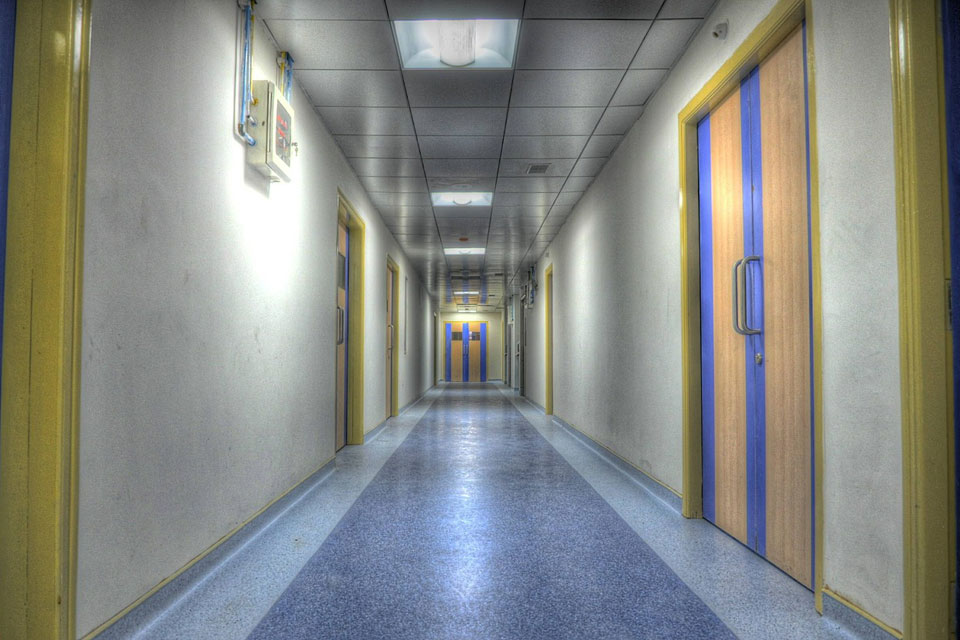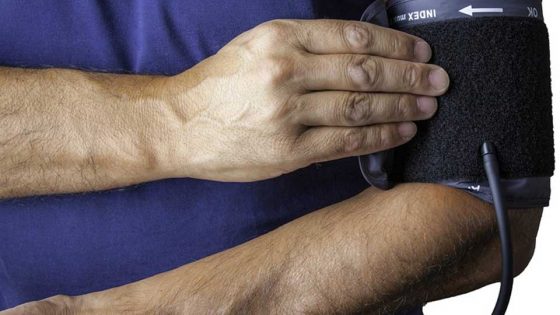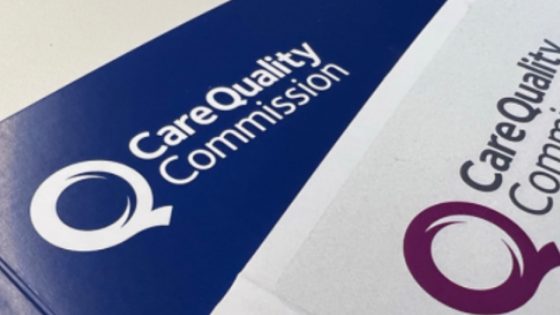A review by the Care Quality Commission (CQC) has found there are 3,500 beds in locked facilities across the country, indicating there are “too many” patients in mental health rehabilitation wards.
The CQC argued that instead these patients could be getting residential care nearer to where they live.
In a statement, NHS England said that progress was being made with higher funding for care. However, the review has also outlined safety on mental health wards as a cause for concern, with an average stay of 341 days.
NHS care and NHS services were looked at by the CQC across England, with almost all services rated as ‘good’ or ‘outstanding’, with caring, compassionate staff an example of excellent care.
But CQC were concerned that some patients were spending too long on locked mental health wards, averaging 341 days, leaving these patients at a risk of being institutionalised and a danger of rehabilitation back into the community missed.
Commenting on the review, Dr Paul Lelliott, deputy chief of hospitals at the CQC, said: “We weren’t expecting to find this many [locked rehabilitation beds].
“We can’t say exactly how many of the people on these wards don’t need to be in locked facilities, but we do suspect that quite a high proportion of people in these services could, and should be, moved back to be much closer to home and be cared for in residential settings that provide much more independence, and also be supported by community services rather than being in hospital.”
Lelliott added: “We were surprised at just how many of these wards there were and how many were locked. We also had some concerns about the fact that they weren’t that discharge oriented, they weren’t actively enabling people to return back to their home environments.
CQC also addressed the need for buildings to be safer, with many classed as “old and unsuitable buildings” that contained “blind spots” where patients could self-harm in corridors.





Leave a Reply